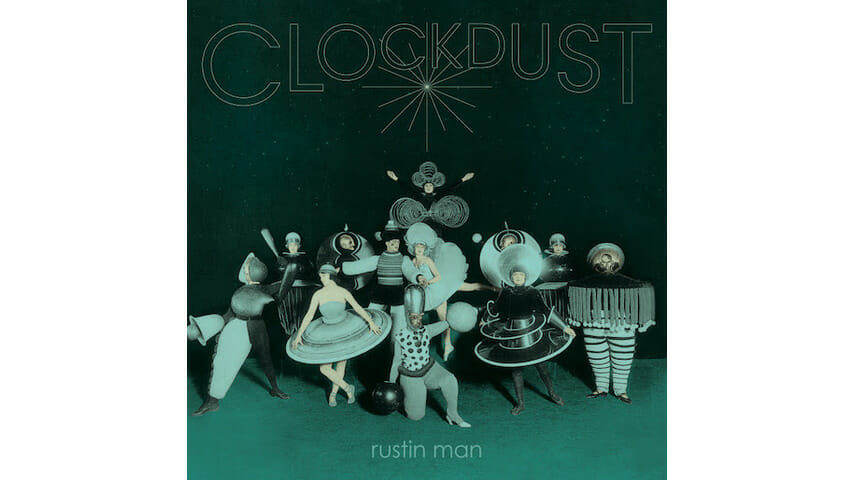Rustin Man’s Clockdust is a Groggy Gem Colored by Nostalgia
Former Talk Talk member Paul Webb releases another humble, engaging collection of psychedelic folk-pop

Clockdust, the third album from Rustin Man, the moniker of former Talk Talk bassist Paul Webb, comes along as a bit of a surprise. It took six years following the last full-length by his previous band .O.rang in 1996 for him to settle into a solo career, with the release of 2002’s Out of Season, a haunted folk album recorded with Portishead vocalist Beth Gibbons. And it wasn’t until 17 years later when its follow-up, Webb’s first proper solo release Drift Code, finally hit the streets.
Buoyed by the same swell of inspiration that helped create Drift Code, this new collection arrives less than a year later. But it also appears colored by the death of Mark Hollis, Webb’s bandmate in legendary post-rock group Talk Talk, last February. There doesn’t seem to be a direct correlation between that momentous passing and the music and lyrics found on Clockdust—at least none that Webb has owned up to in the press material for this album. But what hovers over this lovely, late-night listen is the unavoidable passing of time: a nostalgic filter through which each groggy gem should be viewed.
-

-

-

-

-

-

-

-

-

-

-

-

-

-

-

-

-

-

-

-

-

-

-

-

-

-

-

-

-

-

-

-

-

-

-

-

-

-

-

-








































